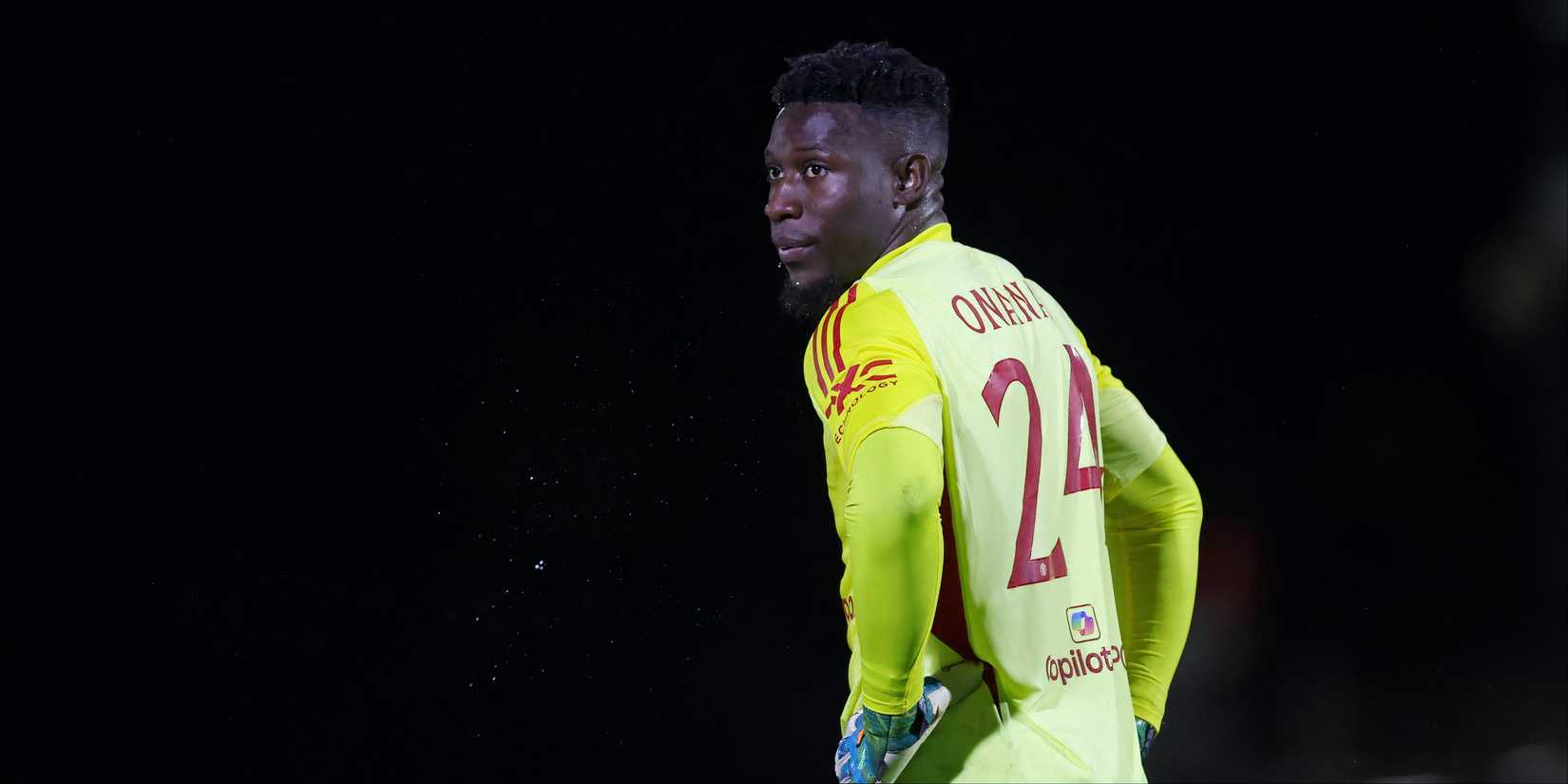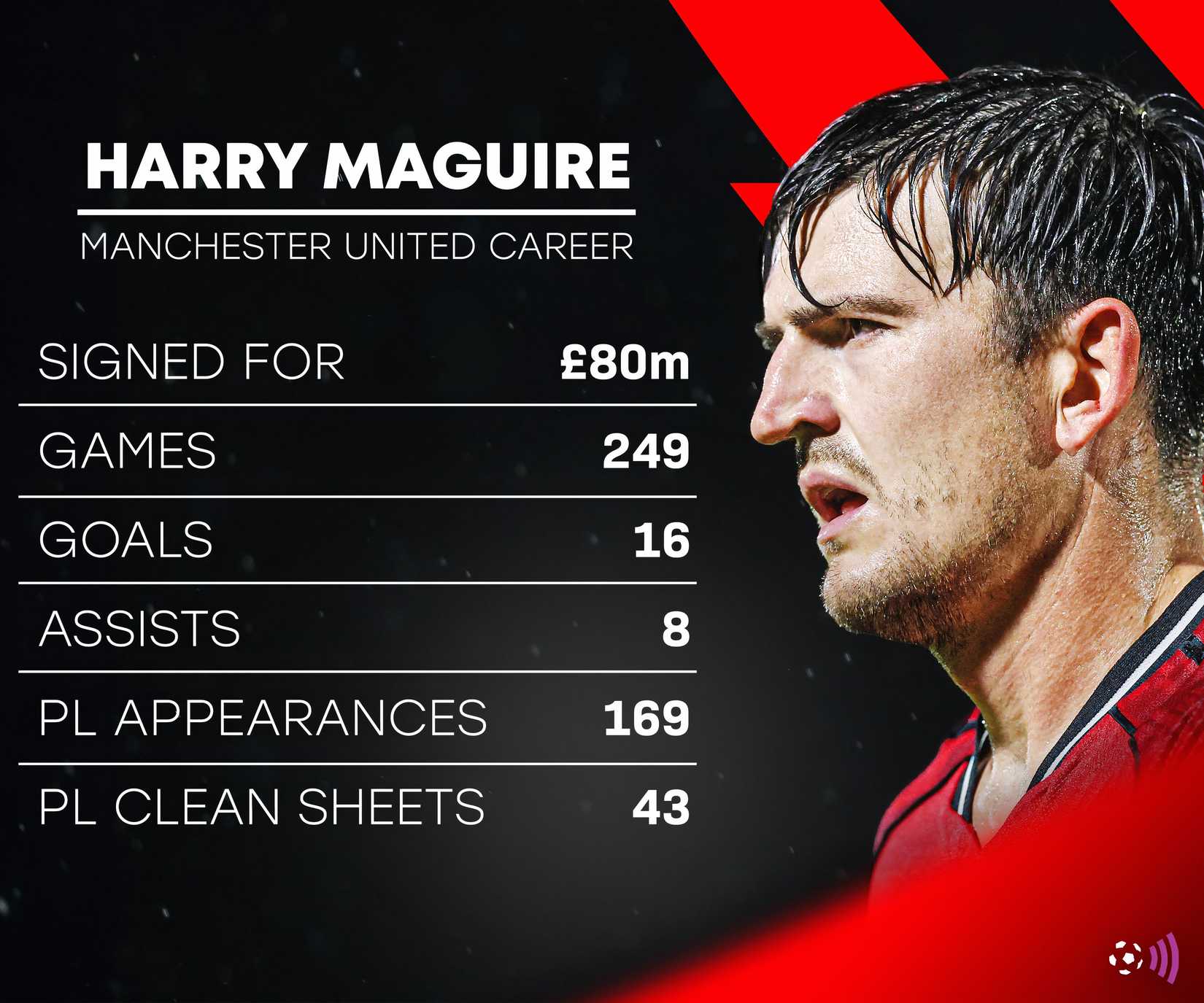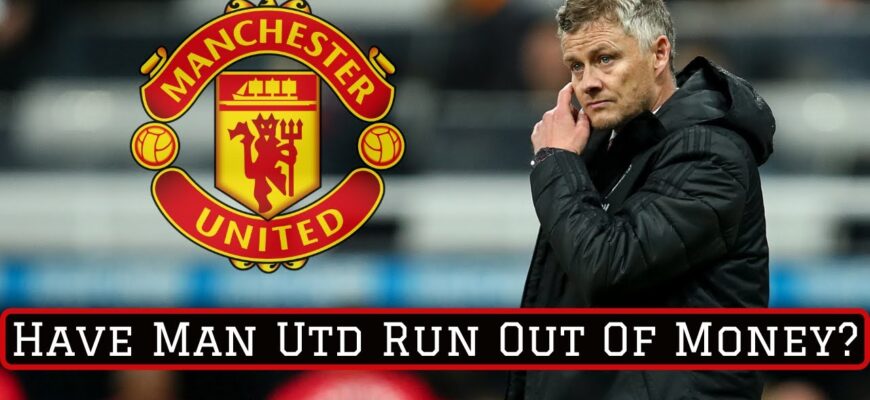The hallowed grounds of Old Trafford, once synonymous with relentless success and silverware, have in recent years become a stage for mounting frustration. Under the guidance of manager Ruben Amorim, Manchester United finds itself in a precarious position, grappling with a win percentage that barely scrapes 39% across 46 games. This isn`t merely a dip in form; it`s a chronic ailment, underscored by a particularly humbling Carabao Cup exit against League Two minnows Grimsby Town.
The blame game is, as ever, a complex tapestry, but one thread stands out glaringly: the disconnect between significant financial outlay and on-field contribution. While the club has injected approximately £800 million into new talent since the summer of 2022, a significant portion of this investment appears to be yielding diminishing returns, creating a wage bill that stifles genuine progress.
The Custodian`s Conundrum: Andre Onana`s Rocky Road
When David de Gea departed in 2023, the arrival of Andre Onana from Inter Milan for a reported £47 million was heralded as a new dawn. Fans envisioned a ball-playing goalkeeper, a modern custodian capable of instigating attacks and shoring up the backline. Two years on, the reality has been starkly different. Onana`s tenure has been punctuated by nine errors directly leading to goals, alongside a multitude of other moments that have sent shivers down the spines of the Old Trafford faithful.

His performance against Grimsby Town served as a painful microcosm of his struggles. Despite his patchy form, Amorim`s decision to start the Cameroonian goalkeeper backfired spectacularly, as Onana played a role in both of Grimsby`s goals. The subsequent penalty shootout, a chance for redemption, saw him manage just one save from thirteen attempts, often pushing the ball back into dangerous areas rather than wide. The widespread calls from the fanbase for a change between the sticks are no longer whispers; they are a resounding chorus.
The recent deadline day acquisition of Senne Lammens only intensifies the spotlight on Onana. With a new challenger in the mix, the path to the exit door for the high-earning goalkeeper seems increasingly clear, a necessary, albeit painful, step towards recalibrating the squad.
The £80 Million Defender: Harry Maguire`s Expensive Stay
Beyond the goalkeeping woes, another formidable financial burden comes in the shape of Harry Maguire. His £80 million transfer from Leicester City in 2019 remains a world record for a defender, a figure that has loomed large over his inconsistent performances. While he boasts over 250 appearances for the Red Devils, the impact expected from such a monumental investment has largely failed to materialise.

Like Onana, Maguire has recently faced the unwavering scrutiny of the fanbase and has, crucially, fallen out of favour with Ruben Amorim. This season, he has yet to start a single league game, clocking a mere 13 minutes from the substitute`s bench. The numbers speak volumes, but the financial implications scream even louder.
The Stark Wage Disparity: Value for Money?
According to Capology, Harry Maguire commands a staggering gross weekly wage of £190,000. To put this into perspective, it`s more than what new, impactful signings Matheus Cunha and Bryan Mbeumo earn. Cunha, with his £180,000 per week, and Mbeumo, at £150,000 per week, have together contributed an impressive 35 league goals in the 2024/25 season. Their performances offer a glimmer of hope amidst the gloom, demonstrating genuine value for money.
The club`s hierarchy faces a critical juncture: retaining players who contribute minimally but consume significantly from the wage budget is a luxury Manchester United can no longer afford.
Here`s a snapshot of some of the highest earners at Manchester United for the 2025/26 season:
| Rank | Player | Gross pay per week |
|---|---|---|
| 1 | Casemiro | £350,000 |
| 2 | Bruno Fernandes | £300,000 |
| 3 | Matthijs de Ligt | £195,000 |
| 4 | Harry Maguire | £190,000 |
| 5 | Matheus Cunha | £180,000 |
| 6 | Benjamin Sesko | £160,000 |
| =7 | Luke Shaw | £150,000 |
| =7 | Mason Mount | £150,000 |
| =7 | Bryan Mbeumo | £150,000 |
Maguire, at 32, is undoubtedly entering the twilight of his professional career. His current salary, while perhaps a reflection of past status, no longer aligns with his diminished importance on the pitch. For Manchester United to truly take the next step and return to its former glory, a ruthless, strategic approach to its wage bill is imperative. Clearing players like Maguire, who occupy significant financial resources without providing commensurate on-field impact, is not just about making space for `fresh blood`; it`s about re-establishing a sustainable, performance-driven economic model.
The Path Forward: Strategic Sales and a Sustainable Model
The lessons from United`s recent transfer windows are clear: spending vast sums does not automatically equate to success. The ongoing struggles under Amorim, coupled with the glaring underperformance of several high-earning individuals, highlight a structural issue that goes beyond just tactical shortcomings.
The narrative of the `fallen giant` can only sustain itself for so long. For Manchester United, the path to recovery must involve a significant overhaul of its squad, driven by intelligent recruitment and a pragmatic approach to player contracts. This means making tough decisions regarding established, well-paid players who are no longer delivering at the required standard. Freeing up the wage bill from such commitments is crucial to acquire talent that genuinely elevates the team and offers a better return on investment, much like Cunha and Mbeumo have started to do.
The coming transfer windows will be a litmus test for the club`s new leadership and Ruben Amorim`s long-term vision. It`s not just about who they bring in, but crucially, who they are prepared to let go. Only by addressing this fundamental financial imbalance can Manchester United hope to rebuild a squad capable of competing at the pinnacle of English and European football once again.









